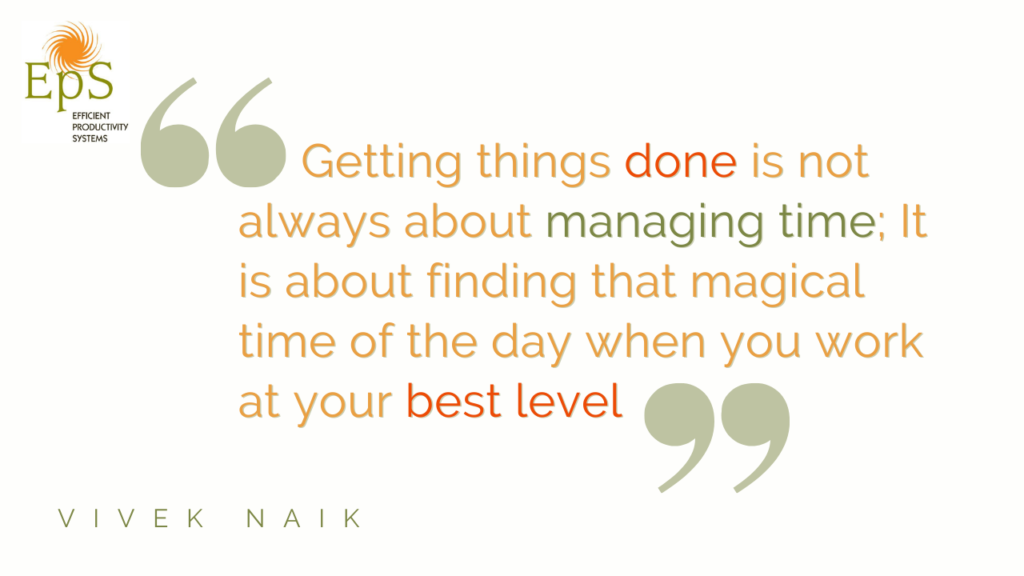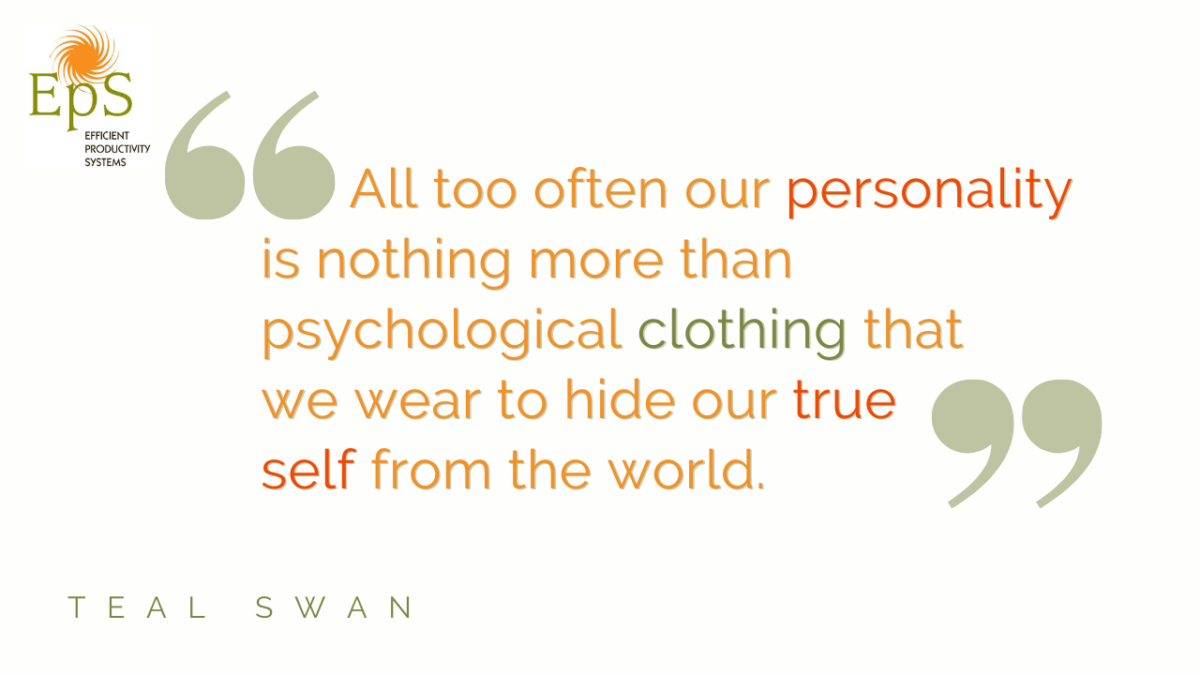
Picture this, it’s Monday morning, you’re looking at your to-do list and it’s as long as the river Nile itself. You need to get it all done and you KNOW that as the world starts to wake up, there’s only going to be things added to your never-ending lists. You drop your head in your hands in desperation.
Carol….what do I do?
I’m glad you asked. Here are some tips to take back your day and your life.
- Throw out your list.
Right. Throw it away and feel into that blank openness. How does this feel? Know that you ACTUALLY have this power. You really do. “But I will lose my job.” Maybe. Or maybe not. “My clients are counting on me.” Yup, they are. What might you do to allow your expansiveness? They need you to be expansive, not frantic.
- Come back into the NOW.
While it’s a freeing feeling to know that you are, in fact, the master of your life and destiny, you are currently wrapped in the Here and Now. As such, you’ll need to address it. So we are gonna do a New List, a New Way.
- Do a brain dump.
Spill it all out of your beautiful head and onto paper. (Yes, it can be electronic paper.) Get it all out. OK now check your list that you threw out in step one. What’d you forget? Get it on your BrainDump page.
- From the brain dump, make a Stubby To-Do List.
Stubby means small. Stubby is do-able. I like 3 things. Do your 3 things on that list. DO NOT ADD MORE TO THIS LIST. Feel what it feels like to be done! What time is it? What more do you wish to add today? HOW DOES THIS FEEL?? Drink in the “wow, I did it!” feeling. You need this feeling so that your momentum continues.
Now, there is a lot more to task management than “this.” And, for now, just do those steps. The idea is to feel into “Done.” Then set up a call with me. Come to Wisdom Warriors and ask questions. I am here for you!
Bonus ideas:
- Time block/cluster tasks: we lead such busy lives and it requires us to switch and flex our brain multiple times a day. Finding tasks that require the same brain energy will save you a lot of time. For example, if you need to send 10 emails to different people, do them all in one go. You’ve already got your emailing hat on so check them off and move onto something else.
- Resist the urge to Squeeze Stuff in. This leads to a feeling of “never done” and “overload.” An exception would be something that you are putting off that actually is super fast to do….for example: I hate doing dishes. So I go to the kitchen and boil water. I do dishes as the water heats. When the kettle sings, I get to stop the dishes. In just a few minutes it’s kind of amazing how much is done and it feels effortless.
- What about the stuff you don’t want to do? I know, it’s yucky. Try to delegate it. Give yourself a prize. Make a contest. Love it up, like, think about WHY you are doing this thing, like how does it tie back into your larger mission? Finally, can you just NOT do it like, forever? If you gotta do it, for goodness sake try one of these and then celebrate yourself BIG when you do the yuck! Go have some fun in the way that makes you so happy.





